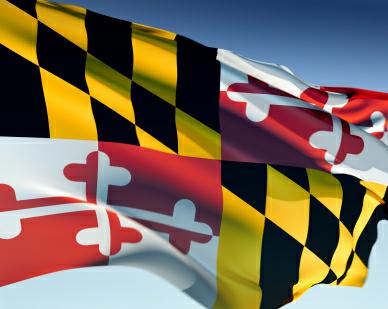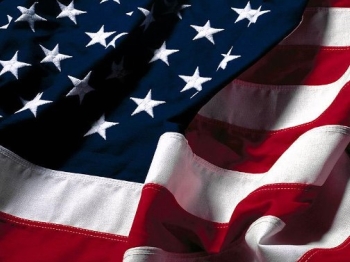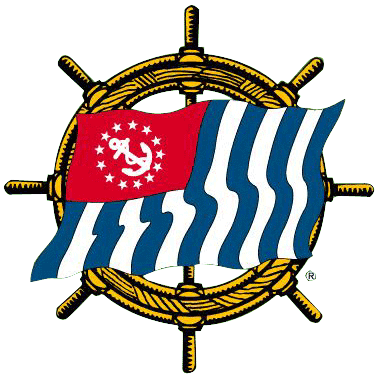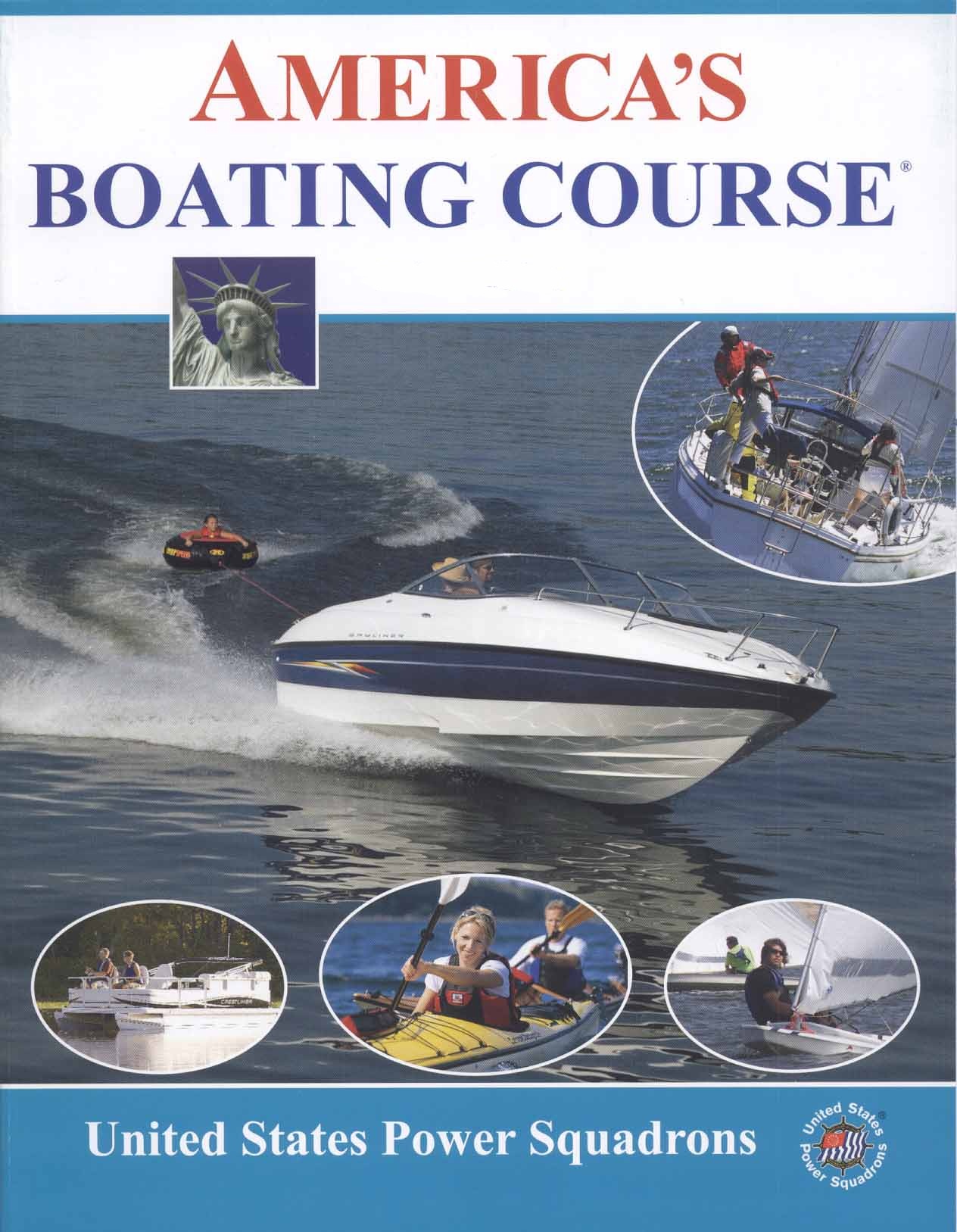 |
What are the Educational Objectives
of the United States Power Squadrons?
- Overview
- Advanced Grades
- Elective Courses
The USPS Educational Program is diverse and challenging. It offers to the members the promise of greater enjoyment and safety in their own boating activities. In addition, the Educational Program offers the satisfaction of personal accomplishment, and the opportunity to share with others the knowledge and skills the individual member has acquired.
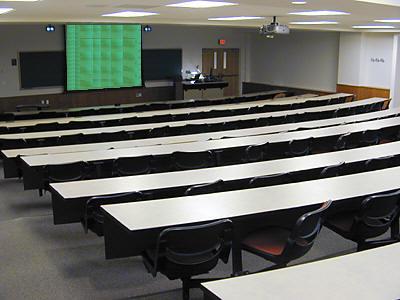
Advanced Grades
Available to USPS Members Only
Advanced Grade classes are designed to be taken in sequence after BoatSmart, beginning with Seamanship and continuing with Piloting, Advanced Piloting, Junior Navigation and Navigation.
Seamanship Grade: S
Building on the basics of recreational boating presented in the public boating courses, Seamanship adds foundational information for continuing boater education.
Piloting Grade: P
The Piloting course is the first in the sequence of USPS courses on navigation, covering the basics of coastal and inland navigation.
Advanced Piloting Grade: AP
This all-new course continues to build coastal and inland navigation skill, allowing the student to take on more challenging conditions – unfamiliar waters, limited visibility, and extended cruises.
Junior Navigator Grade: JN
Junior Navigation is the first in a two-part program of study in offshore navigation, followed by the Navigation course. It is designed as a practical "how to" course.
Navigator Grade: N
After Junior Navigation, this course is the second part of the study of offshore navigation, further developing the student's understanding of celestial navigation theory.
Elective Courses
Available to USPS Members Only
Elective courses can be taken in any sequence and without prerequisites.
Cruise Planning:
This course is preparation for a cruise, whether the cruise is for a day, a week, a month or longer. Whether you are going to cruise on rivers, lakes, the coasts, or across the oceans, very valuable information is provided by those who have been there.
Engine Maintenance:
The Engine Maintenance course has been put into one ten chapter course that stresses the diagnosis of modern systems, while also teaching the basics of engine layout and operation. Gasoline inboards, outboards, and diesel engines are taught in a way that reinforces aspects of how engines work.
Marine Electronics 101/102/103:
Essential knowledge about your boat's electrical and electronic systems is studied in this course. Proper wiring, grounding, electrolysis control, and batteries and their maintenance are included.
Marine Electrical Systems:
Electronic devices for the recreational boater have come a long, long way over the years. With the advent of solid state digital electronics, sophisticated sensors and radios have become commonplace on our vessels.
Weather:
The course focuses on how weather systems form, behave, move, and interact with one another and reflects the availability of all sorts of weather reports and forecasts on the Internet.
Sail:
The course focuses on the physical aspects of sailing, sail applications, marlinespike, helmsmanship, and handling of difficult sailing conditions, navigation rules, and an introduction to heavy weather sailing.
Instructor Development:
The course focuses on adult learning and includes practice assignments in preparation and delivery of presentations, including the use of electronic and other aids.
